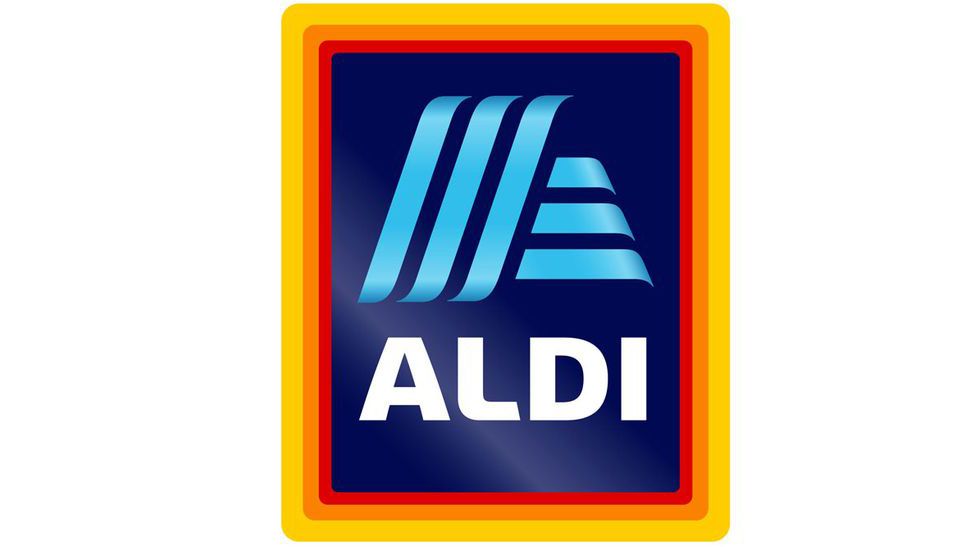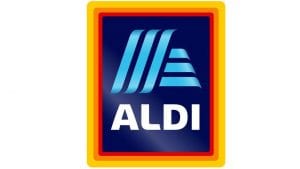WESTFIELD – During a continuation of the public hearing for the proposed ALDI Market at 231 East Main St., Robert Levesque of R. Levesque Assoc. presented the communication he had with David Foulis of the Western Regional Office of the MassDEP about the concerns of the Conservation Commission and abutters on Mainline Drive of the project’s impact on flooding in the area.
At the end of a long discussion, the commissioners were still not comfortable with the plan and continued the hearing, charging Conservation Coordinator Meredith Borenstein with seeking advice from an outside expert.
Levesque said that the DEP made it clear to him that they are not requiring a study of dynamic waters as buildings are being introduced. He said the performance standards require compensatory storage at the same elevation, which the plan has on a neighboring farm field, with an unobstructed hydraulic connection.
“They made it very clear. They’re not looking for us to do a flood analysis. Nowhere does it say they’re looking for us to study floodways. We are well within the regulations,” Levesque said, adding that the question of whether adding a building to the site would increase flooding on Mainline Drive may be a good one, but it is not within the purview of the commission. He also noted that the Flood Control Commission had approved the project on Oct. 27.
Borenstein said the compensatory storage plan does meet the performance standard, except for the statement in standard number #2 that work within border lands subject to flooding shall not restrict flows, so as not to increase flooding.
“My question is in regards to the building itself, will that restrict flows or cause an increase in flood or velocity,” she said.
At a previous hearing, several abutting business owners asked the commission to study the impact the new building would have on the area, which is in the 100-year flood zone between the Westfield River and Little River.
“Will, by putting this big building in the path of where water traditionally flows in a flood event, make it worse? Have we influenced the path of this water? I think we do have a responsibility to that immediate neighborhood. How do we find out if we’re making it worse,” asked Commissioner Thomas Sharp on Tuesday.
Commission James Murphy, who stepped in as chair due to David Doe’s recusal on this project, asked if the proposed storage area is filled before ALDI water reaches it, how can it be effective.
“I don’t have the expertise to do that; a peer review is needed. What documents and data exist to ensure that ALDI water flow to that basin and not be impeded. What we’re looking for is data and documentation to show that water is going to go where you would like it to go, and also that it won’t bounce back and flood Mainline Drive even further,” Murphy said.
Commissioner Alex Fagnand said he wasn’t convicted one way or the other. “We have to be careful we don’t start talking hydraulics. We have to use a static flood map. I have a hard time with it because it’s a highly distrubed area,” Fagnand said, adding, “To me, floodwater is coming from Little River so it is a straight path. To me, the compensatory storage area addresses that directly.”
“I really appreciate Tom’s comment that we want to make sure we’re not going to make anything worse; our most important achievement. Jim and Alex made good comments about concerns. We have to be careful we don’t exceed our purview. I hear great arguments on either side. I don’t feel well qualified. Makes me want to talk to somebody who can answer them,” said Commissioner Carl Grobe.
“I think you’re getting beyond what the commission is charged with; whether we are in the same reach of the river, same incremental elevation and volume, unrestricted hydraulic connection. We have all those. Beyond that, the commission is not charged with answering questions about dynamic flood. They (DEP) made it very clear to me it is not required,” Levesque said.
Sharp asked Levesque if the commission could get an elevation flow plan, a proposal of what might happen in a flood event. “Is there perhaps enough room still for that water to scoot around this new building. I still think it’s within the purview of the commission to make sure that we do not make the area worse,” he said.
Levesque said they don’t do that type of modelling in house. “I’ve been instructed by the DEP that we be careful that we don’t do that. If we introduce hypothetical assumptions into the process, we’re still required to meet the same performance standards,” he said.
Opening the meeting up to public comment, Ruth Aborjaily, who owns three abutting properties at 227 East Main St., 6 Mainline Dr., and 10 Mainline Dr. said the compensatory storage is not in question. She said the question is whether the ALDI’s building will be placed such that the water flowing from the Little River will be stopped instead of going down.
“All that natural flow of water is going to be diverted, and that is a major question. The performance standard #2 needs to be met. We’re not talking about compensatory storage, this is in addition to compensatory storage,” Aborjaily said, adding that Levesque is advocating for Brixmore, the owner of Westgate Plaza, and his discussion with the DEP was in line with the project.
”If I could be a part of that discussion, the answers from the DEP might be very different,” Aborjaily said.
The commission voted unanimously to ask Borenstein to seek an outside consultant to clarify some of their questions, and to continue the hearing to the next meeting in November.
“My feeling is that we need to have clarification that the second performance standard is being properly met,” Fagnand said after the vote.



